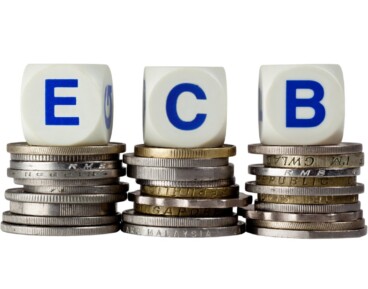German automotive industry at a crossroads
Kategoria: Business
Tim Duy discusses whether or not the European debt panic will benefit or hur the United States. His conclusion is that the crisis will do more good than harm.
Duy acknowledges that one of the key effects of the panic, namely the dramatic drop in the euro’s exchange rate relative to the U.S. dollar, will hurt U.S. exporters, primarily those that export to the euro area (and countries whose currency has a fixed exchange rate to the euro, like Denmark), but also exporters to other countries as European competitors will gain an advantage. For example it will be easier for Airbus to outbid Boeing in bids for airplane contracts from China or India.
Furthermore it could be added that the general panic has caused not only the euro and currencies with a fixed exchange rate to the euro to drop in value, it has also dropped most other currencies to drop against the U.S. dollar, though usually not quite as much as the drop of the euro and currencies pegged to the euro.
A stronger U.S. dollar will furthermore reduce the dollar value of factor income from U.S.-owned subsidiaries in not only the euro area, but in most other countries as well.
On the other hand, the stronger U.S. dollar will reduce the dollar price of oil, and most other commodities, and for that matter (to a lesser extent, at least in the short term due to the pricing to market practice) finished products, something which will increase the purchasing power of the U.S. dollar.
In conclusion, while the effect on real GDP/national income in the U.S. of the European debt panic remains uncertain, it seems very clear that it will lower nominal GDP/national income by lowering export revenues and net factor income from abroad, while increasing the purchasing power of the U.S. dollar. Thus, the only certain impact on the U.S. economy is that it will be more deflationary, with lower nominal growth but also a higher purchasing power of each dollar.
Today’s negative PPI number will thus likely be followed by more.


